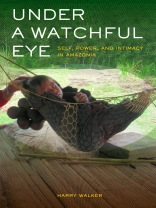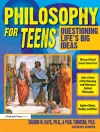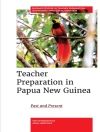What does it mean to be accompanied? How can autonomy and a sense of self emerge through one’s involvement with others? This book examines the formation of self among the Urarina, an Amazonian people of lowland Peru. Based on detailed ethnography, the analysis highlights the role of intimate but asymmetrical attachments and dependencies which begin in the womb, but can extend beyond human society to include a variety of animals, plants, spirits and material objects. It thereby raises fundamental questions about what it means to be alive, to be an experiencing subject, and to be human. From the highly personalized relationships that develop between babies and their hammocks, to the demonstrations of love and respect between spouses and the power asymmetries that structure encounters between shamans and spirits, hunters and game animals, or owners and pets, what emerges is a strong sense that the lived experience of togetherness lies at the heart of the human condition. Recognizing this relational quality of existence enables us to see how acting effectively in the world may be less a matter of individual self-assertion than learning how to elicit empathetic acts of care and attentiveness by endearing oneself to others.
Inhoudsopgave
List of Illustrations
Acknowledgments
Prologue: Learning to Stand-Leaned-Together
1. Spaces of Refuge
2. Vital Shields
3. Conceiving the Conjugal Body
4. Mutuality and Autonomy
5. Authority and Solidarity
6. Mastering Subjection
Epilogue: An Accompanied Life
Notes
Bibliography
Index
Over de auteur
Harry Walker is Lecturer in Anthropology at the London School of Economics and Political Science.












